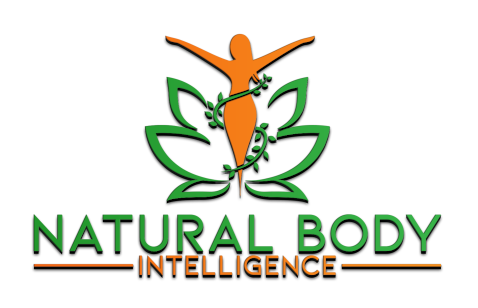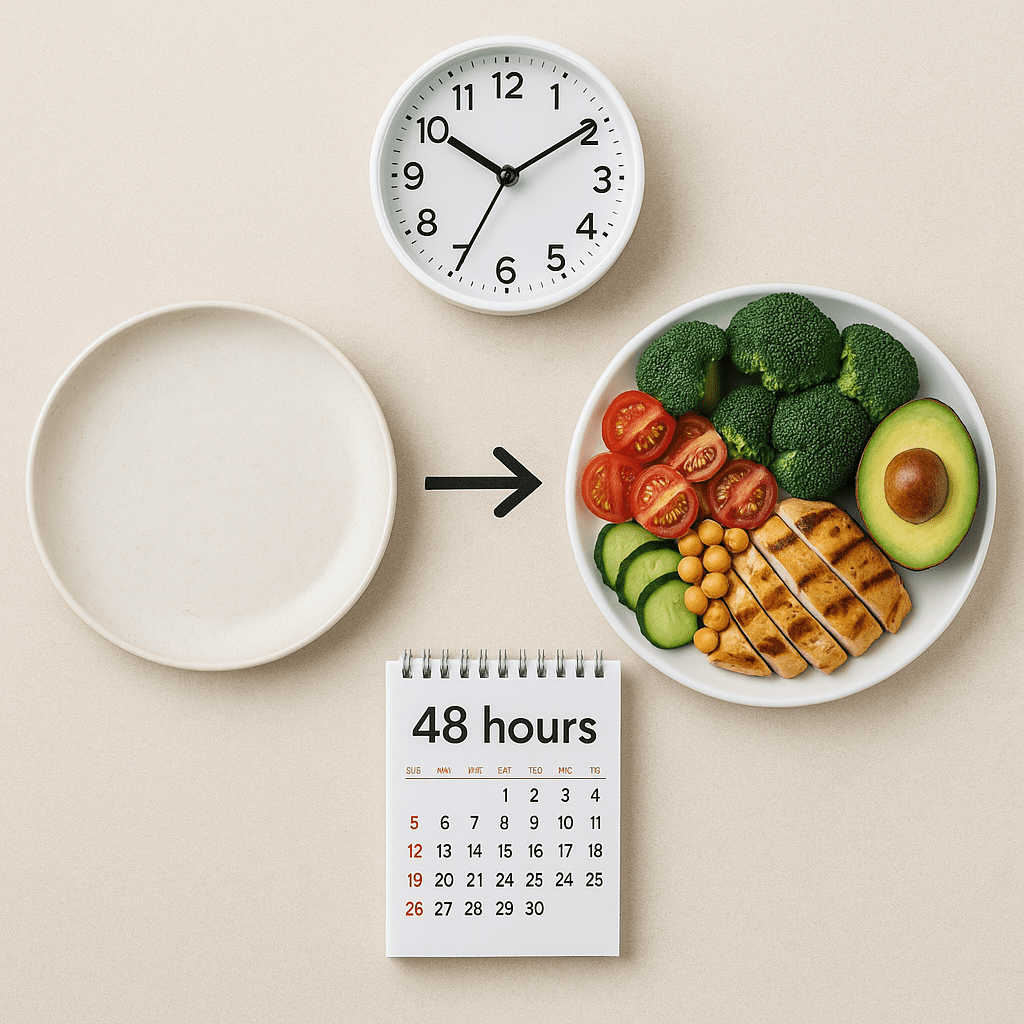You’ve probably heard of intermittent fasting — but intermittent eating flips the concept and look at it from a more natural, empowering angle?
Welcome to Intermittent Eating: a way of living that honours the body’s cycles of rest and repair — instead of constantly overriding them with eating.
💡 What is Intermittent Eating?
It’s the art of not eating by the clock.
It’s about creating long spaces between meals — or even entire days — where the body can cleanse, heal, and regenerate without interference.
It’s not a trend. It’s what wild animals do. It’s what healthy humans did before food became entertainment, emotional comfort, and constant background noise.
This is not starvation. It’s restoration.
🌿 Why adopt Intermittent Eating?
Modern culture has conditioned us to fear hunger, to believe that missing a meal is dangerous, and that eating six times a day is “balanced.”
But that narrative keeps us locked into:
- Digestive overload
- Chronic fatigue
- Foggy thinking
- Toxin accumulation
- And endless food obsession
Intermittent Eating is freedom.
It gives your body permission to stop digesting and start cleansing.
✨ The Results Are Profound:
🌀 Increased Energy
Your body stops wasting energy on constant digestion and starts channelling it toward healing and vitality.
🧠 Mental Clarity
When digestion rests, the brain lights up. People often report sharper thinking, better mood, and more focus.
🌬️ Improved Breath & Circulation
Intermittent eating gives your blood a break — fewer toxins, better oxygen delivery, and lighter breath.
💪 Deep Tissue Repair
Without constant food, the body turns inward and begins to recycle damaged cells (a process known as autolysis). This is how chronic issues begin to resolve.
🌱 True Appetite Returns
By not eating out of habit or emotion, your natural hunger signals reset. Food tastes better, cravings fall away, and you gravitate towards what truly nourishes.
💚 You Reconnect with the Body’s Wisdom
You begin to feel what your body needs — not what the mind or culture says it should want.
🌟 How It Works:
You can practise Intermittent Eating in many ways. Some people:
- Eat every other day, allowing full 36–48 hour cycles of rest
- Eat only once a day, and let the rest of the day be for energy, focus, and flow
- Simply wait until true hunger arises — not boredom, habit, or mouth hunger
It’s not rigid. It’s intuitive.
It’s not harsh. It’s healing.
You learn to read your signals. You notice the clarity that comes when your body isn’t constantly burdened with digestion. You begin to trust the healing power within.
💬 Remember:
Your body is not broken — it’s just overfed and under-rested.
It doesn’t need more supplements. It needs more space.
Let your body catch its breath. Let it clean house.
Intermittent Eating is not about controlling food — it’s about allowing freedom.
🔗 Scientific & Educational Articles:
- The effects of intermittent fasting on health, aging, and disease
National Institute on Aging
👉 https://www.nia.nih.gov/news/intermittent-fasting-and-human-metabolism - Intermittent fasting interventions for treatment of overweight and obesity in adults: A systematic review and meta-analysis
JAMA Network
👉 https://jamanetwork.com/journals/jama/article-abstract/2770260 - Autophagy: The Real Way Your Body Detoxes
Cell Metabolism Journal
👉 https://www.cell.com/cell-metabolism/fulltext/S1550-4131(19)30310-7 - Why fasting bolsters brain power
Johns Hopkins Medicine
👉 https://www.hopkinsmedicine.org/health/wellness-and-prevention/why-fasting-bolsters-brain-power
🌱 Holistic/Natural Approaches:
- Fasting: Nature’s Healing Strategy
Dr. Alan Goldhamer – TrueNorth Health
👉 https://www.healthpromoting.com/learning-library/articles/fasting-natures-healing-strategy - Why You Shouldn’t Eat All Day Long
Dr. Joseph Mercola
👉 https://articles.mercola.com/sites/articles/archive/2016/05/16/intermittent-fasting-benefits.aspx - The Science of Natural Hygiene Fasting
Natural Hygiene Society Archive
👉 https://www.soilandhealth.org/wp-content/uploads/02/0201hyglibcat/020102shelton.fasting/020102ch24.htm

